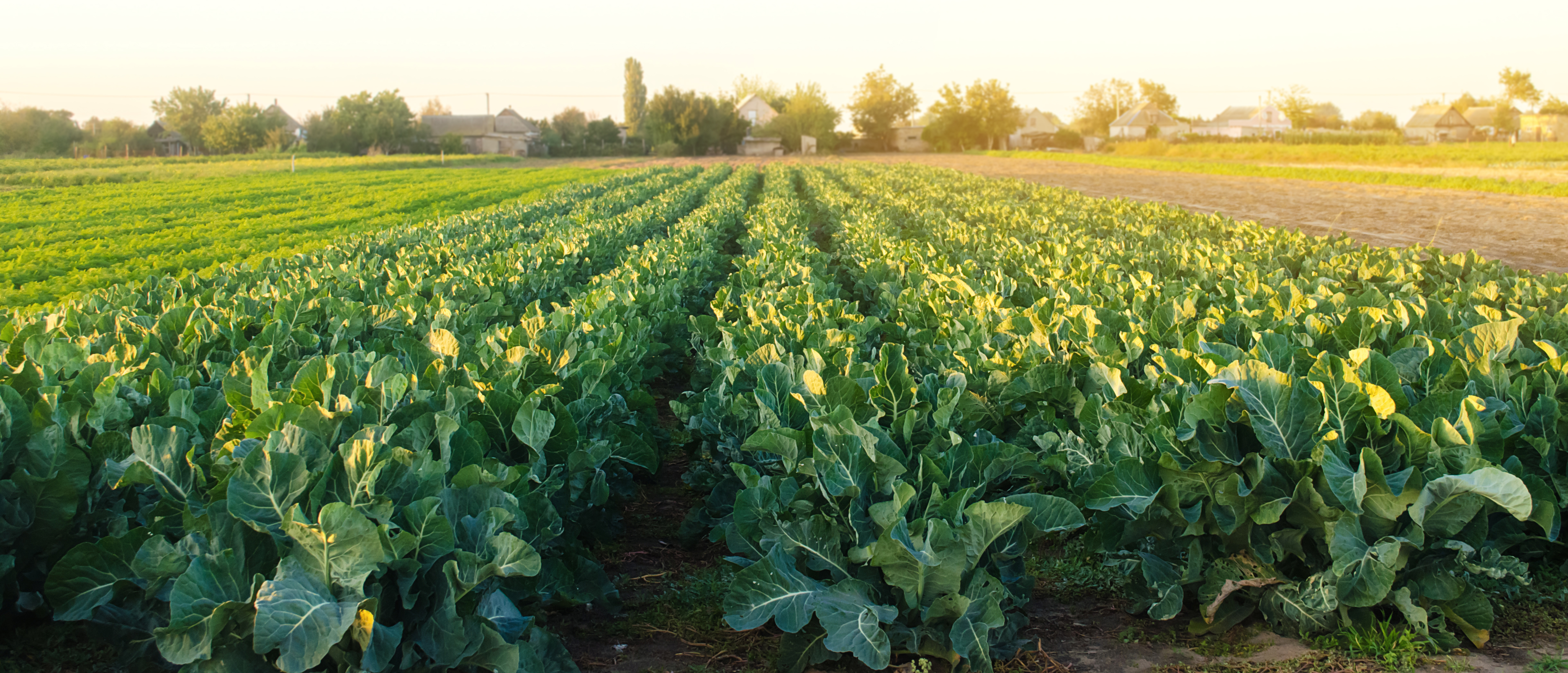
UK's First CRISPR Field Trials Show Potential of Gene Editing
July 1, 2021| |
Researchers from the John Innes Center conducted the first field application of gene editing technology, CRISPR-Cas9, following the reclassification of gene-edited crops as genetically modified organisms by the European Court of Justice on July 25, 2018.
The researchers studied the role of the MYB28 gene in the regulation of glucosinates found in brassica species. Glucosinate is an organic compound responsible for the pungent flavor of cruciferous vegetables such as broccoli, cabbage, and cauliflower. It also promotes blood glucose control, reduces the risk of cardiovascular diseases, and has anti-carcinogenic properties.
To determine the effect of MYB28, the researchers used CRISPR-Cas9 to knockout the gene in broccoli and found a decrease in glucosinolates accumulation and downregulation of glucosinolate genes. The proof-of-concept study demonstrates the potential of gene-editing technology in developing better crop varieties. The results of the study will be used by the UK Government to determine whether to allow gene editing approaches for food production purposes following the consent for field trials given by The Department for Environment, Food, and Rural Affairs (DEFRA) and comment for release of the product for research by the Advisory Committee on Release to the Environment (ACRE), both of which are available for public review.
To know more about the study, read the press release of the John Innes Center and the journal article in The CRISPR Journal.
| |
You might also like:
- GM Crops Could Soon be Grown in UK After Brexit, Says Ag Minister
- Eustice: Gene-edited Crops Are Necessary
- UK Environment Secretary Proposes Use of Gene Editing to Decrease Farmers' Reliance on Pesticides
Biotech Updates is a weekly newsletter of ISAAA, a not-for-profit organization. It is distributed for free to over 22,000 subscribers worldwide to inform them about the key developments in biosciences, especially in biotechnology. Your support will help us in our mission to feed the world with knowledge. You can help by donating as little as $10.
-
See more articles:
-
News from Around the World
- Experts Explain How Gene Drives Control Invasive Species
- Philippine Media Use Less Fear Appeal as More Farmers Adopt Biotech Maize
- Can Gene Drive Eliminate Vector-borne Diseases?
- PennState Scientists Identify Sorghum Genes for Resistance to Anthracnose Leaf Blight
- EU Report Confirms Glyphosate Doesn't Cause Cancer
- Rutgers Study Sheds Light on Evolution of Photosynthesis
- Study Finds Barley Protein Could Help Boost Its Yield in High Temperatures
-
Plant
- UK's First CRISPR Field Trials Show Potential of Gene Editing
- Customizable Molecular Scissors for Tailoring Plant Genomes
- UC San Diego Scientists Develop First CRISPR-Cas9-based Gene Drive in Plants
- APEC Members Discuss Genome Editing Technology and Policy Strategies
- Simultaneous Editing of Susceptibility Genes in Rice Leads to Disease Resistance
-
Read the latest: - Biotech Updates (February 11, 2026)
- Gene Editing Supplement (January 28, 2026)
- Gene Drive Supplement (February 22, 2023)
-
Subscribe to BU: - Share
- Tweet

